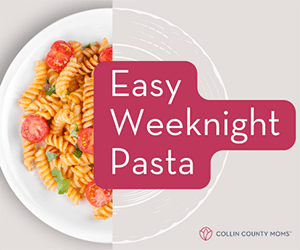The month of May is Mental Health Awareness Month. The purpose is to highlight the importance of addressing mental health in a more positive and holistic way. It is also gives an opportunity to reduce the negative stigma around those who are living with a mental disorder. It is not a one-size-fits-all condition. The more positive awareness, the better outcome. Mental health disorders affect not just the person who has been diagnosed but those closest to them.
4 Ways To Support
A friend whose child has been diagnosed with a mental disorder will undoubtedly be dealing with a mixture of emotions. Depending on the mental disorder, there will major adjustments for them as they navigate their child through medical appointments, adjusting to drug protocols and varying therapies, advocacy at school, and more. There are many opportunities to support your friend in a way that will truly be helpful and appreciated. Here are four important ways to support a friend whose child has been diagnosed with a mental disorder:
1. Terms To Avoid.
Words truly have power. A lot of the negative stigma centered around mental health stems from inappropriate words and terms that have been used over the years. Here are a few to avoid: “suffers from”, “victim of”, “mentally ill person”, “disturbed”, “issues”, “problematic”. On the surface they may not seem harmful but they are actually words that alienate and often misrepresent. Their child is living with a mental disorder but that doesn’t mean their child’s life is over. So keep a positive outlook in thought and words.
2. Listen First.
It can be so easy to jump into “plan” mode and want to save your friend from the emotional rollercoaster they may be feeling. But the best thing you could ever do is be a listening ear. Unless you also have a child living with a mental disorder, you will have no understanding of what your friend is feeling or thinking. So instead of trying to guess and figure out how to make things comfortable for all, it is best to just listen and take cues from your friend.
3. Maintain Relationship.
Your usual weekly coffee dates or weekend lunch plans with your friend could change, but your friendship shouldn’t. Connecting with her for a quick chat over the phone or even dropping over a prepared meal can be a way to help her feel appreciated and supported. Check in weekly and find out what she needs or just to let her know that you are thinking of her and are available when she is ready.
4. Advocacy Matters.
As mentioned earlier, Mental Health Awareness Month is about helping to stop the negative stigma that has been attached to mental health disorders and those who are living with it. There are many national and local organizations that put all their efforts into educating the public on mental health and advocating for those living with mental disorders. NAMI: National Alliance on Mental Illness is one of many great online resources that will provide practical ways for you to educate yourself and learn how to advocate for your friend and others in your local community.













